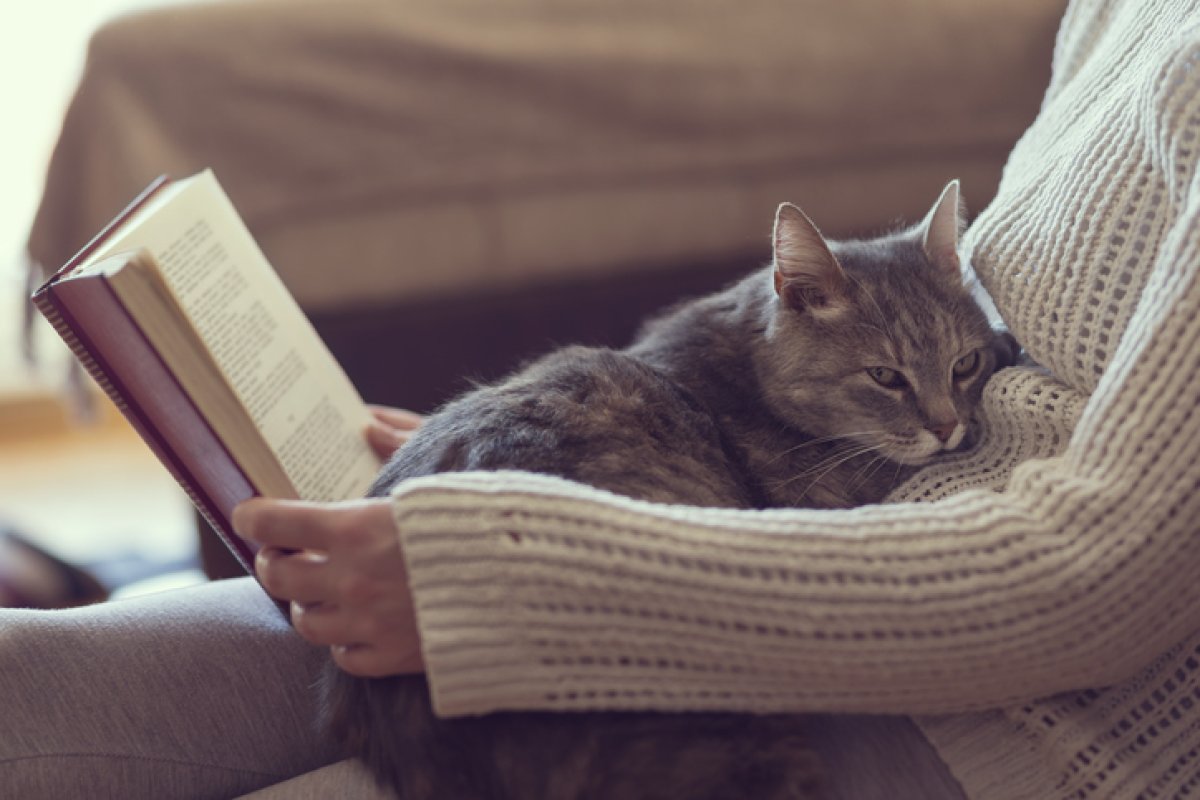A Swiss pharmaceutical company announced the development of a vaccine that makes cats less able to produce allergens, thereby lessening the likelihood of an owner developing an allergy.
In April, scientists at Hypo Pet published a study in the Journal of Allergy and Clinical Immunology suggesting that an early version of its injectable vaccine performed well in clinical trials.
Founded in 2013 by the University of Zürich Switzerland and funded by grants from the Swiss government, Hypo Pet has partnered with a British company to bring new veterinary medicines to market. It's first drug, also called Hypo Pet, is unlike current treatments for feline allergies, which involve cat owners undergoing periodic injections designed to suppress the body's natural immune responses to the cat allergens.
Hypo Pet essentially makes cats hypoallergenic by reducing or eliminating the allergens their bodies naturally produce in the first place.

About one in ten people have pet allergies, but cat allergies are twice as common as dog allergies, according to the American College of Allergy, Asthma and Immunology. The vast majority are triggered by a glycoprotein, Fel d 1, secreted in a cat's saliva, skin and sebaceous glands.
The Hypo Pet vaccine modifies a cat's immune system to destroy Fel d 1 before it is released through their skin and saliva.
In the study, more than 50 test subjects were injected with the prototype vaccine. Blood samples were taken that revealed significantly decreased concentrations of Fel d 1. Those samples were then introduced to blood samples of humans with cat allergies, which demonstrated visibly lessened allergic reactions.
"Separation of owners and families from their beloved pets is traumatic for both animal and human and in many cases can not even be contemplated," the company said in a release. Nevertheless, allergy suffered by owners, friends and relatives is a leading cause of cat abandonment. A 'low' allergenic cat could enable the trauma of separation to be avoided and the negative health consequences of human allergy to be lessened."
It will likely be years before Hypo Pet is available on the market, though: The April study is the first step in a long process that will include human trials and approval from both European and U.S. drug agencies. The company has begun the ramp up to larger production, but no timeline has been set.
Hypo Pet examined the test subjects for any adverse side effects and did not observe any. The vaccine is promising because scientists haven't identified any reason for cats to produce the protein, leading them to believe it's an evolutionary leftover.
One of the few other animals that produces Fel d 1 is the slow loris, the world's only venomous primate. It's brachial lymph nodes create the protein, which the loris then licks so that it blends with its saliva. The toxic mixture can be poisonous enough to kill a human being.
Uncommon Knowledge
Newsweek is committed to challenging conventional wisdom and finding connections in the search for common ground.
Newsweek is committed to challenging conventional wisdom and finding connections in the search for common ground.
About the writer
To read how Newsweek uses AI as a newsroom tool, Click here.








